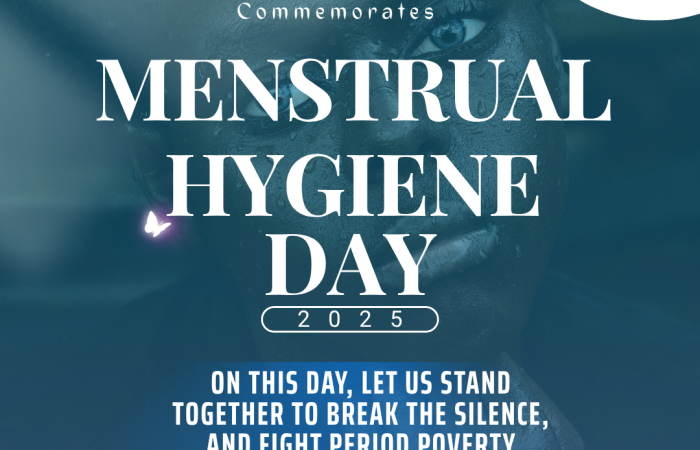Improving Maternal Health no
• Most maternal deaths are preventable, as the health-care solutions to prevent or manage complications are well known.
• All women need access to high quality care in pregnancy, and during and after childbirth.
• It is particularly important that all births are attended by skilled health professionals
• Timely management and treatment can make the difference between life and death for the mother as well as for the baby
• To improve maternal health, barriers that limit access to quality maternal health services must be identified and addressed at both health system and societal levels
Challenges to Maternal Health
• Severe bleeding after birth can kill a healthy woman within hours if she is unattended
• Injecting oxytocics immediately after childbirth effectively reduces the risk of bleeding.
• Infection after childbirth can be eliminated if good hygiene is practiced
• And if early signs of infection are recognized and treated in a timely manner.
• Pre-eclampsia should be detected and appropriately managed before the onset of convulsions (eclampsia) and other life-threatening complications
• Administering drugs such as magnesium sulfate for pre-eclampsia can lower a woman’s risk of developing eclampsia.
• To avoid maternal deaths, it is also vital to prevent unwanted pregnancies
Why do women not get the care they need?
• Poor women in remote areas are the least likely to receive adequate health care
• This is especially true for regions with low numbers of skilled health workers, such as sub-Saharan Africa and South Asia
• Fewer than half of all births in several low income and lower-middle-income countries are assisted by such skilled health personnel
The main factors that prevent women from receiving or seeking care during pregnancy and childbirth are:
• poverty
• distance to facilities
• lack of information
• inadequate and poor quality services
• cultural beliefs and practices.
Credit: WHO


